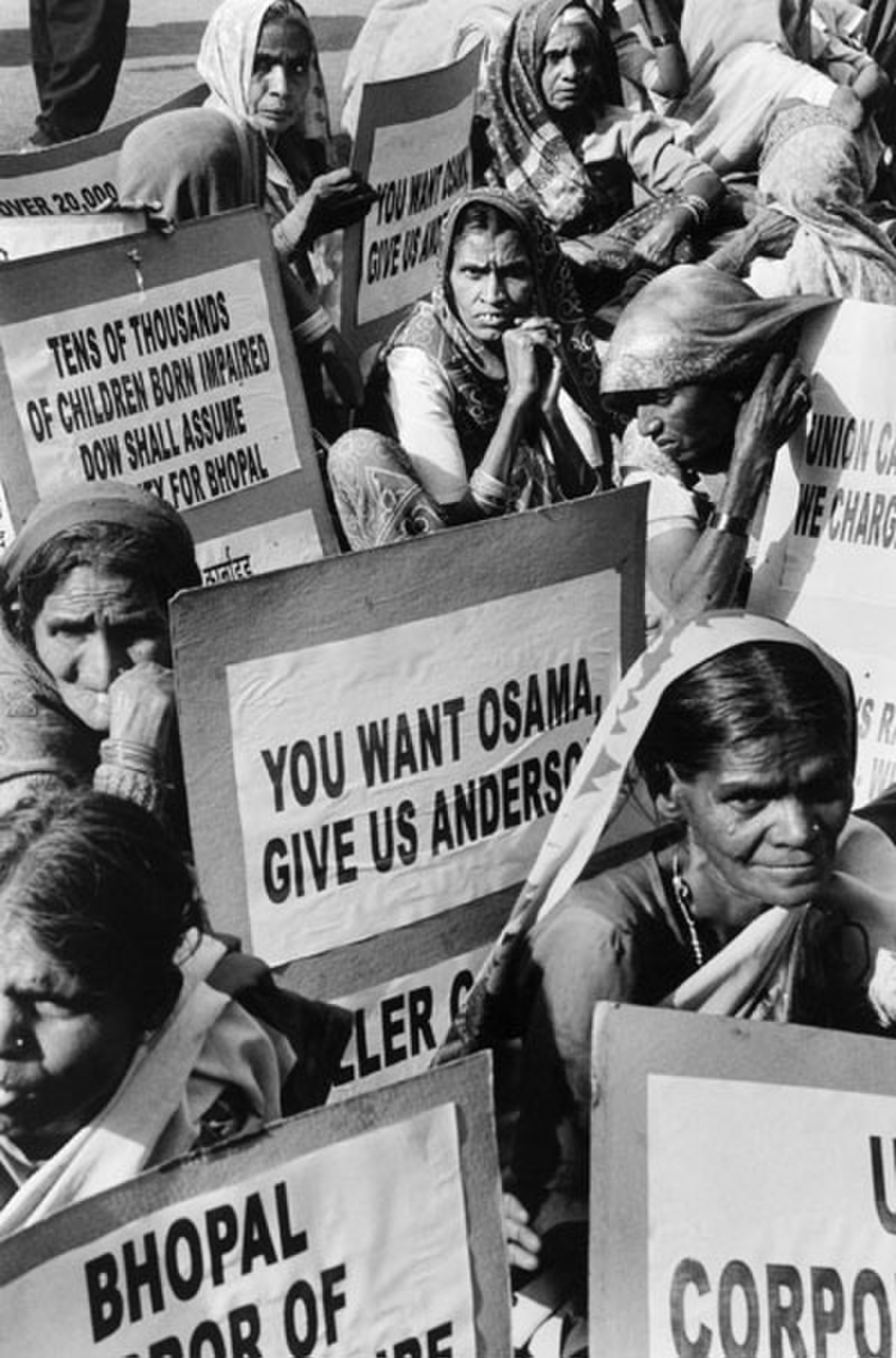
Bhopal Disaster
Bhopal, Madhya Pradesh, IndiaThe Bhopal disaster, also known as the Bhopal gas tragedy, was a catastrophic chemical accident that occurred on the night of December 2-3, 1984, at the Union Carbide India Limited (UCIL) pesticide plant in Bhopal, Madhya Pradesh, India. It is considered the world's worst industrial disaster. Over half a million people in the surrounding towns were exposed to methyl isocyanate (MIC) gas, a highly toxic substance.
The official immediate death toll was reported as 2,259, but the actual number of fatalities is believed to be much higher. In 2008, the Government of Madhya Pradesh acknowledged 3,787 deaths related to the gas release and compensated over 574,000 injured individuals.[54] A government affidavit in 2006 cited 558,125 injuries,[55] including severe and permanently disabling injuries. Other estimates suggest that 8,000 people died within the first two weeks, and thousands more succumbed to gas-related diseases subsequently.
Union Carbide Corporation (UCC) of the United States, which owned a majority stake in UCIL, faced extensive legal battles following the disaster. In 1989, UCC agreed to a settlement of $470 million (equivalent to $970 million in 2022) to address claims from the tragedy. UCC sold its stake in UCIL in 1994 to Eveready Industries India Limited (EIIL), which later merged with McLeod Russel (India) Ltd. Cleanup efforts at the site ended in 1998, and control of the site was handed over to the Madhya Pradesh state government. In 2001, Dow Chemical Company purchased UCC, 17 years after the disaster.
Legal proceedings in the United States, involving UCC and its then-chief executive officer Warren Anderson, were dismissed and redirected to Indian courts between 1986 and 2012. The US courts determined UCIL was an independent entity in India. In India, both civil and criminal cases were filed in the District Court of Bhopal against UCC, UCIL, and Anderson. In June 2010, seven Indian nationals, former UCIL employees including former chairman Keshub Mahindra, were convicted of causing death by negligence. They received two-year imprisonment sentences and fines, the maximum penalty under Indian law. All were released on bail shortly after the verdict. An eighth accused passed away before the judgement.
The Bhopal disaster not only highlighted severe safety and environmental concerns in industrial operations but also raised significant issues regarding corporate responsibility and the challenges of transnational legal redress in cases of large-scale industrial accidents.
